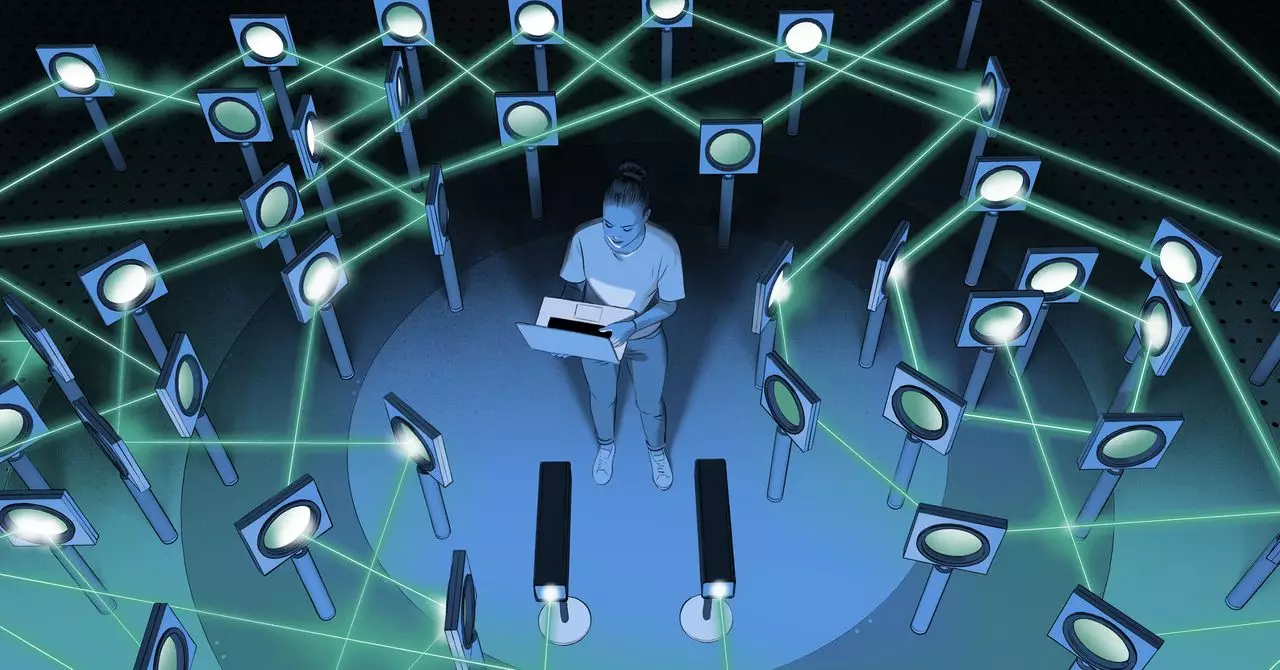For centuries, scientific progress has been driven primarily by human ingenuity, meticulous experimentation, and theoretical insight. While these methods have resulted in groundbreaking discoveries—like Einstein’s relativity or quantum mechanics—the process is inherently constrained by human imagination and cognitive limits. Even the most brilliant physicists, despite their dedication, operate within a horizon of known knowledge, often missing subtle patterns or complex relationships lurking within vast data sets. This inherent bottleneck raises a critical question: can artificial intelligence (AI) transcend these limitations and usher in a new era of scientific breakthroughs?
AI as a Catalyst for Unprecedented Insight
Recent developments suggest that AI holds the promise of revolutionizing how physics research is conducted. While AI hasn’t yet uncovered phenomena that humans haven’t theorized or experimentally confirmed, its role as an insightful tool is becoming increasingly evident. Machine learning algorithms excel in analyzing enormous datasets—something beyond human capacity—finding subtle patterns and correlations that could point the way to new theories or experimental directions. For example, at the Large Hadron Collider, AI systems have identified symmetries in particle interactions, reinforcing the foundational principles laid out by Einstein and paving the way for deeper understanding of the universe’s fundamental fabric.
Yet, the true power of AI goes beyond mere data analysis. It acts as an exploratory partner, suggesting novel configurations and hypotheses that scientists might never conceive. This symbiosis can accelerate scientific discovery exponentially, creating a feedback loop where AI-driven insights inspire human innovation, which in turn refines AI models further.
Transforming Quantum Physics with AI-Driven Innovation
One of the most promising frontiers for AI is in quantum physics—an inherently complex realm where classical intuition often falls short. Quantum phenomena such as entanglement defy conventional notions of locality and objectivity, making them notoriously difficult to understand and control. Traditionally, physicists rely on intricate theoretical models and laborious experiments, but AI introduces a transformative approach.
For instance, AI algorithms are now employed to optimize experiments involving photon entanglement, enabling scientists to create and manipulate entangled states more efficiently. The concept of entanglement swapping—where two particles become entangled without direct interaction—illustrates how innovative experimental designs are emerging with AI assistance. Researchers, like the team led by Krenn, leverage AI to develop sophisticated experimental frameworks using graph representations—mathematical structures that map out the complex relationships within quantum systems. This approach simplifies the design process, allowing physicists to explore a multitude of configurations rapidly and precisely.
Moreover, AI-driven models are not only aiding in designing experiments but also in interpreting the results. They can identify cryptic patterns in quantum data, suggesting new ways to harness phenomena like entanglement for quantum communication, computing, and cryptography. Everything points towards an era where AI becomes an indispensable collaborator—pushing the boundaries of what we can achieve in understanding and manipulating the quantum world.
The Paradigm Shift: From Human-Driven to AI-Enhanced Science
This technological evolution signifies more than just a tool upgrade; it heralds a paradigm shift in scientific methodology. AI liberates scientists from tedious calculations and data sorting, instead focusing their creativity on interpreting AI-generated hypotheses. In essence, it democratizes the process of discovery, enabling even smaller research teams to tackle complex problems that previously seemed insurmountable.
Furthermore, as AI continues to develop, it will likely facilitate the discovery of phenomena currently hidden in experimental noise or theoretical complexity. It’s conceivable that future AI systems could propose entirely novel physics frameworks—concepts that challenge our current understanding—similar to how relativity or quantum mechanics revolutionized physics in the past. If historical breakthroughs were trees, AI could well be the fertile soil nurturing an entire forest of new ideas.
Yet, it’s important to approach this transition critically. Over-reliance on AI risks diminishing the essential human element of curiosity, intuition, and philosophical inquiry. The greatest scientific advances may still stem from a harmonious interplay between human ingenuity and machine intelligence, each compensating for the other’s shortcomings.
A Future Where AI Ignites Endless Possibilities
In sum, artificial intelligence is no longer just a supportive tool; it is becoming a driving force that promises to redefine the trajectory of physical science. Its capacity to analyze complex data, suggest innovative experimental designs, and even propose new theories could result in a profound leap in our understanding of the universe. From unearthing deep symmetries in particle interactions to unraveling the mysteries of dark matter, AI paves a path where scientific discovery can become faster, more profound, and more expansive.
This transition challenges us to rethink not only how we conduct science, but also what we consider possible. As AI matures into an ever more sophisticated partner, one thing is clear: the future of physics is intertwined with machine intelligence, and that alliance promises to unlock the universe’s deepest secrets in ways we have only begun to imagine.

